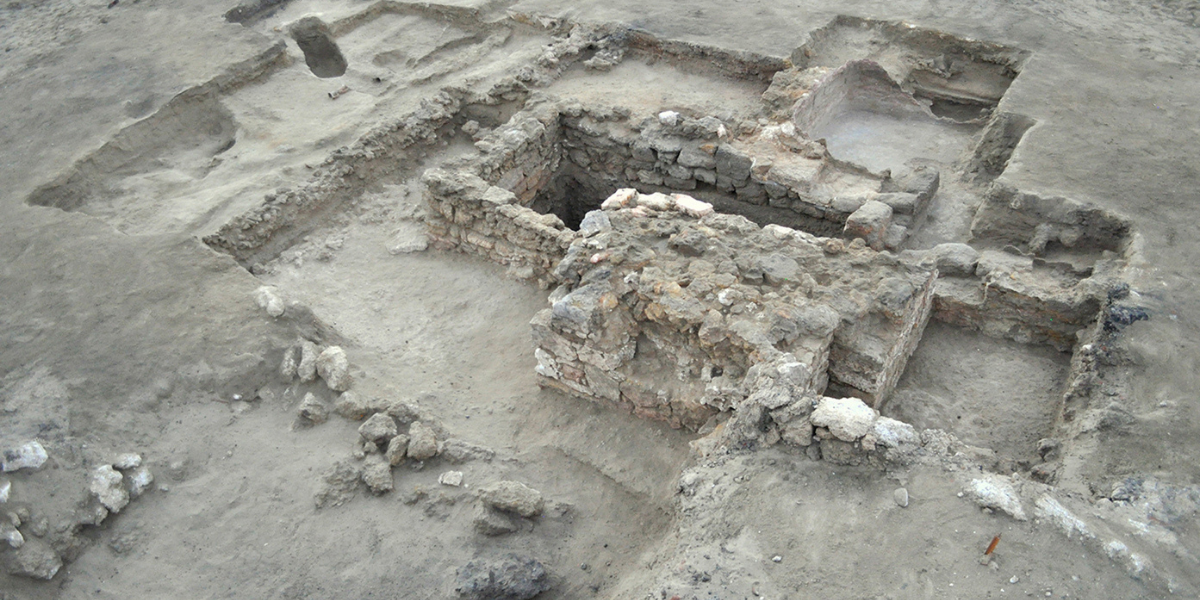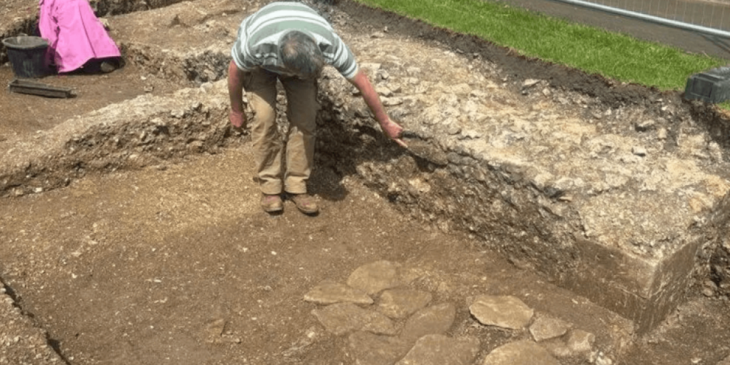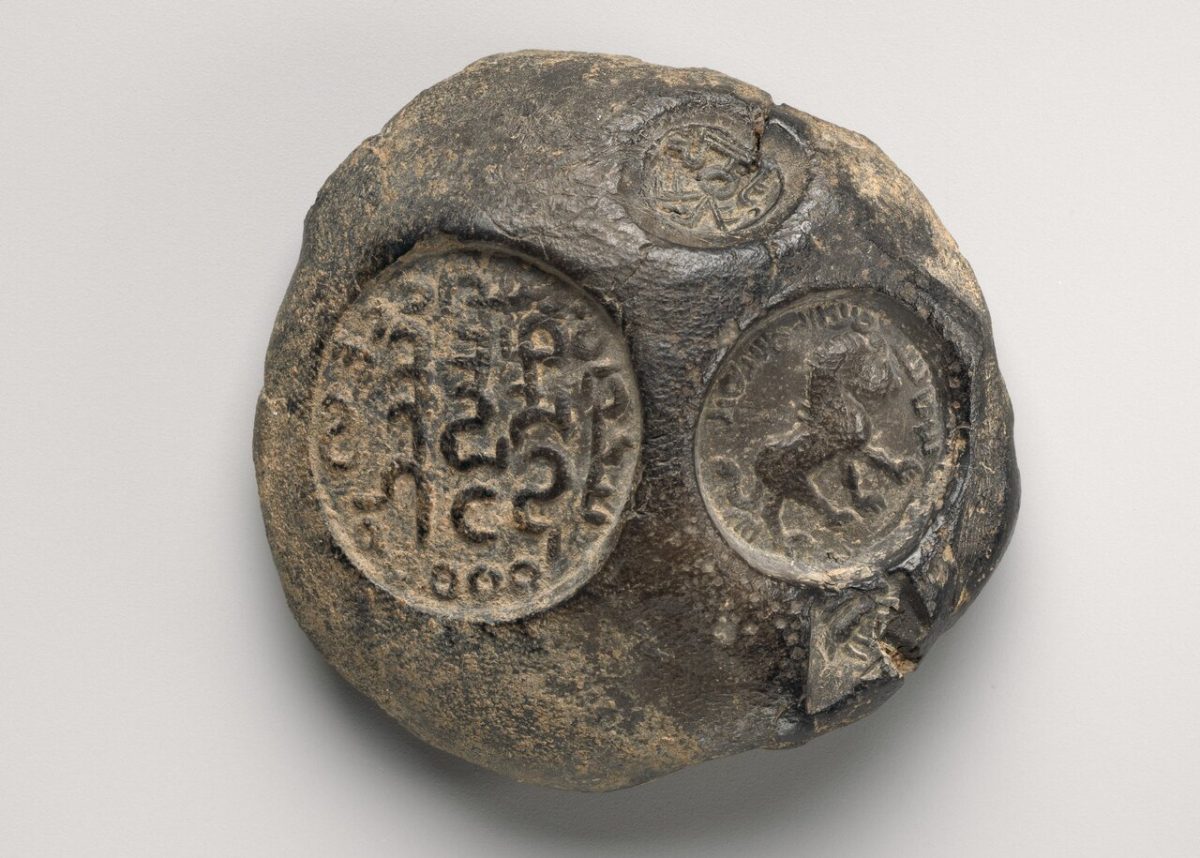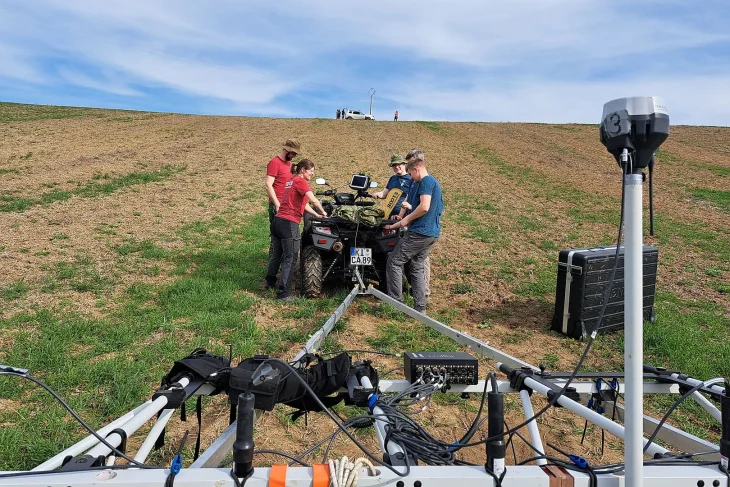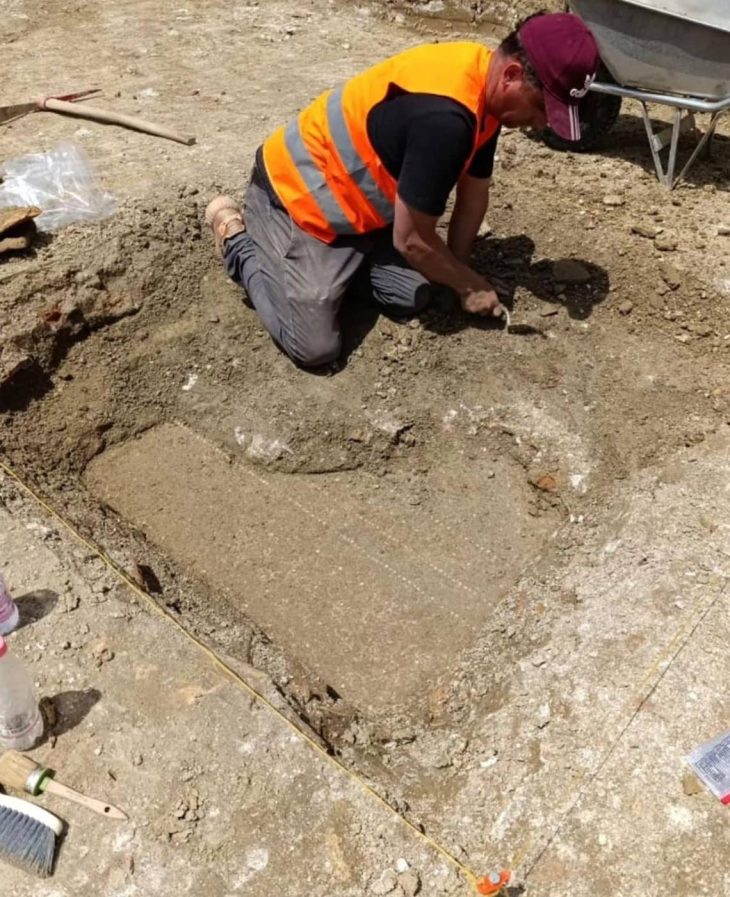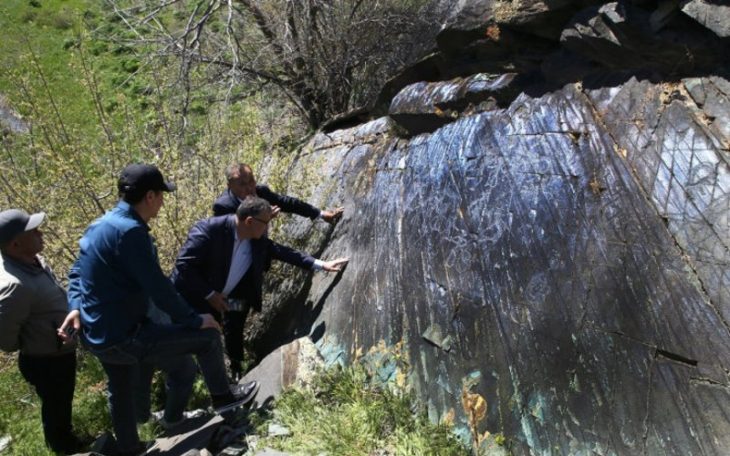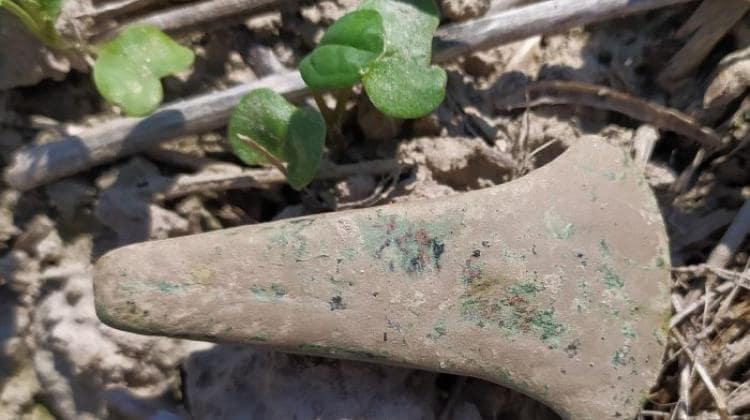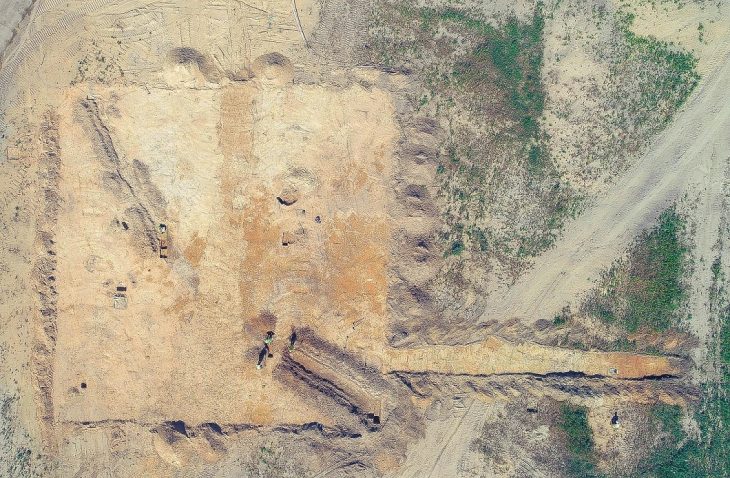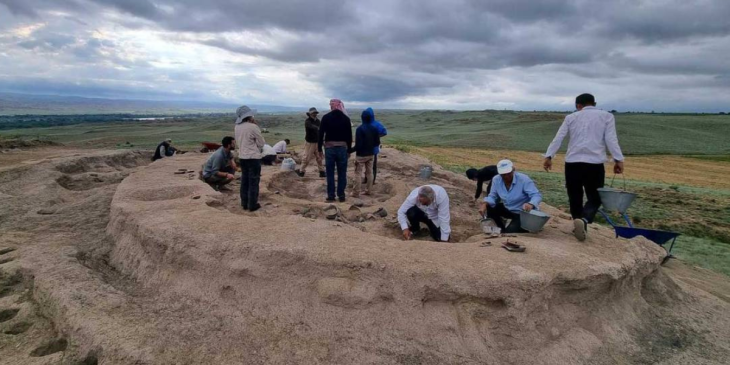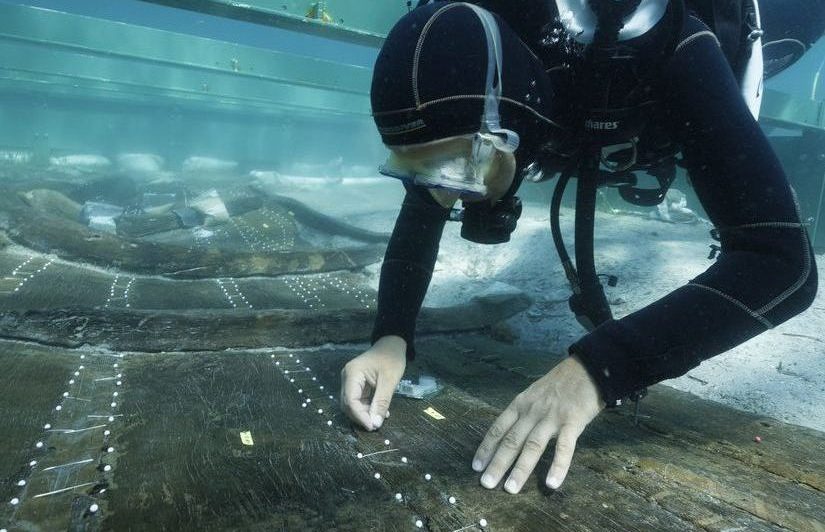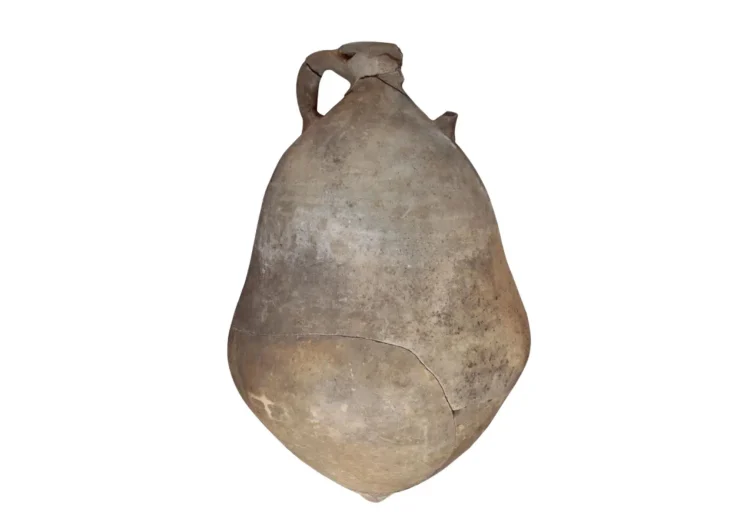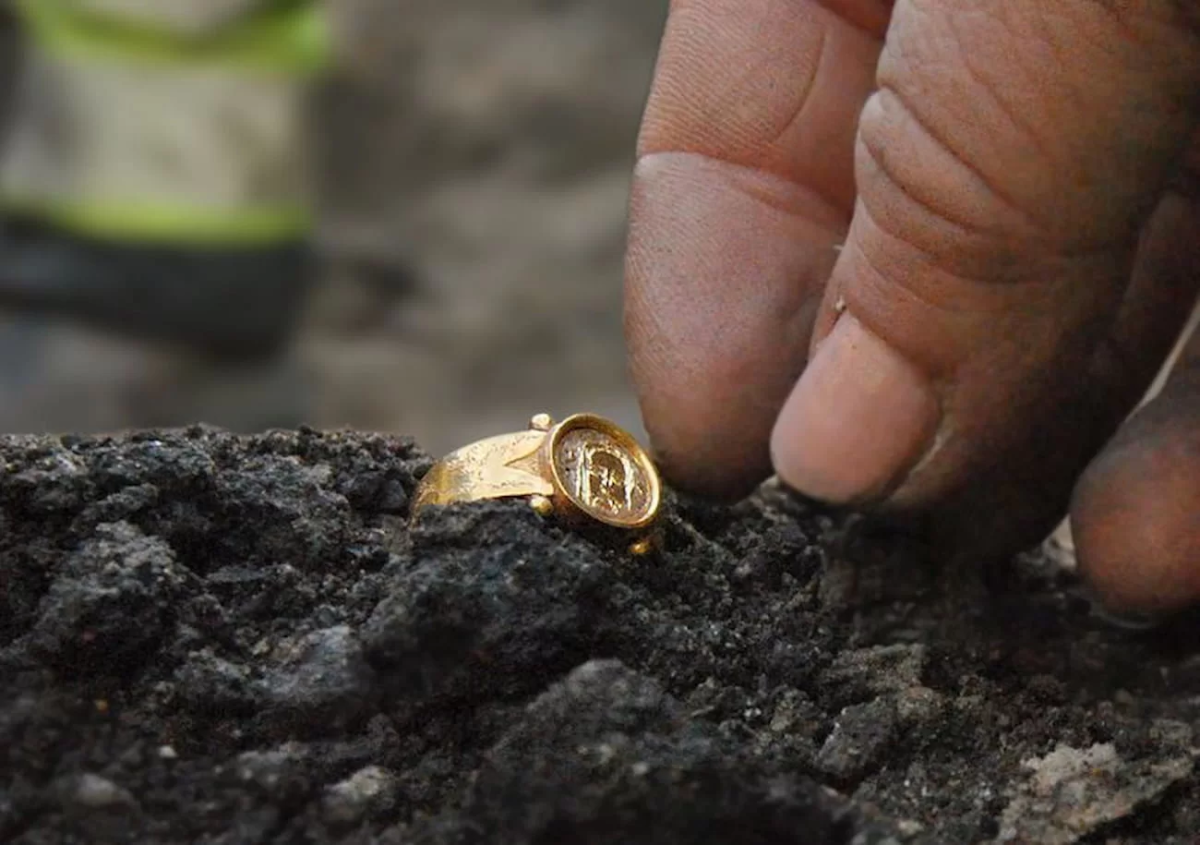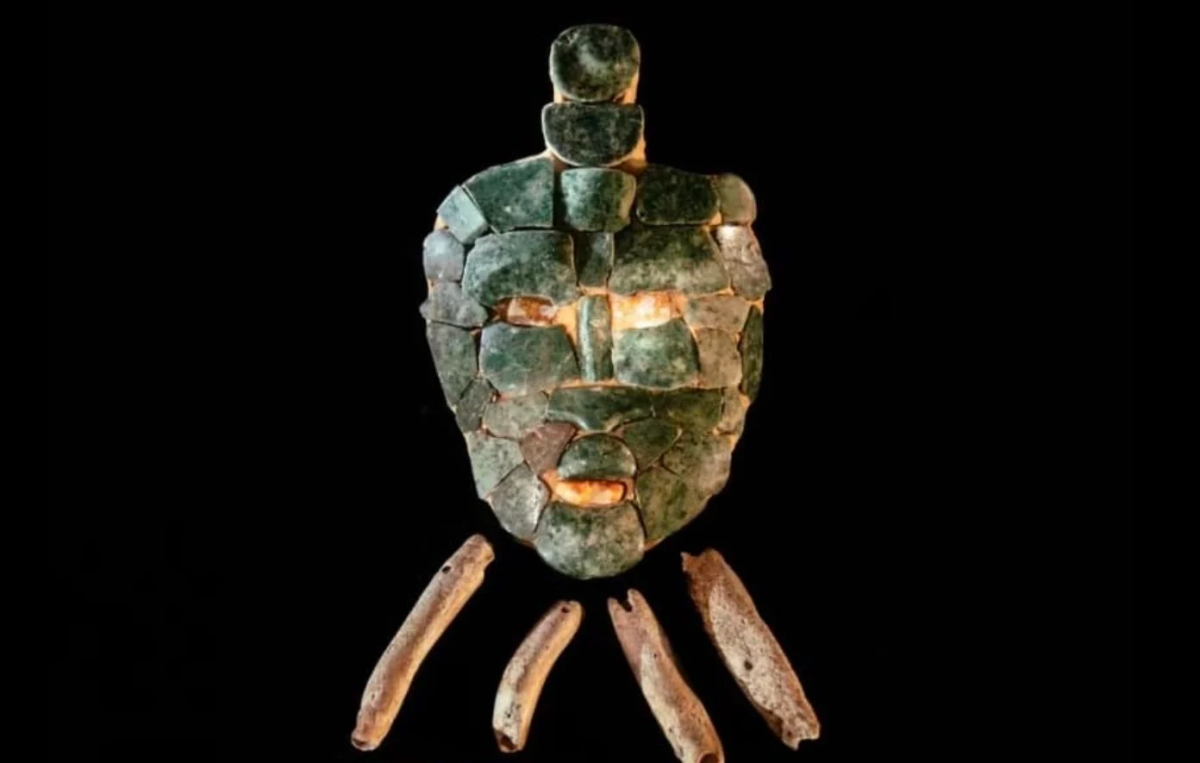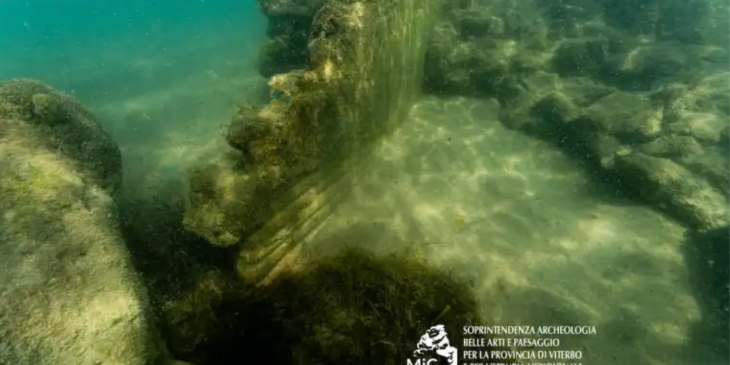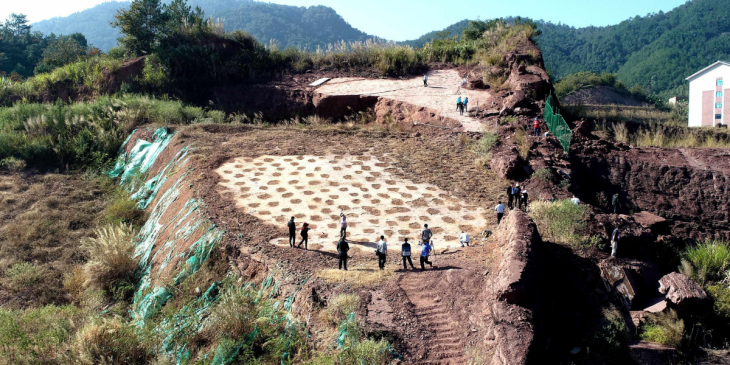Polish archaeologists have made a surprising discovery while excavating an animal cemetery at Berenike on the Red Sea.
In the unique animal cemetery dating from the 1st and 2nd centuries, the archaeologists found several papyri that could be an invaluable source of information about the ancient inhabitants of Berenike.
In addition to papyri, the archaeologists discovered special ceramics from Italy, the Mediterranean, Africa and India, Roman coins, a fibula, a characteristic and popular cape clasp in Europe, with which legionaries were equipped. Among the finds, there are also ostracons (fragments of text on ceramics).
The papyri and other finds were discovered by an international team led by Dr. Marta Osypińska.
“For Egyptologists and other scholars interested in antiquity, this is an extremely rare and high-caliber discovery. There are very few Roman sites in this part of the world. The significance of these discoveries is truly extraordinary,” says Marta Osypńska.
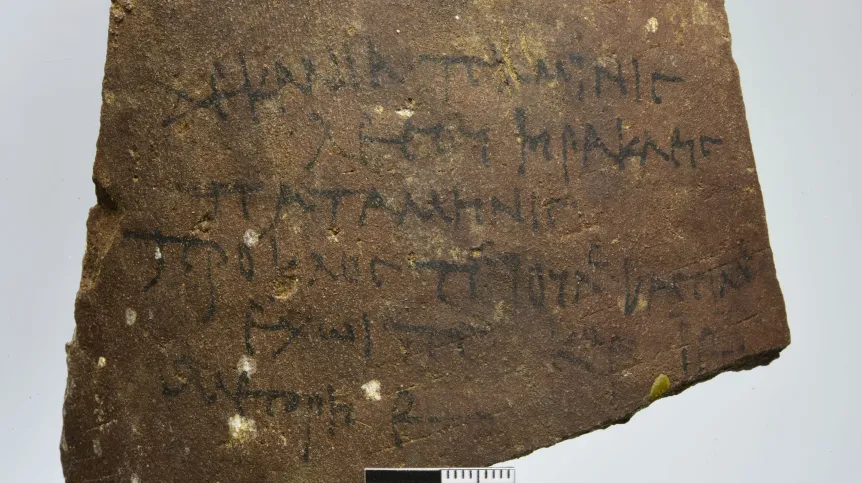
Dr. Osypińska said that ostrakons, “an object of desire” for philologists and epigraphers, have been found. “This is a direct Roman written source and it is in Egypt. Now, when we search for animal burials, we unearth dozens of these ostracons. But so far no one has found papyrus on this site,” – he emphasizes.
Berenike is an ancient port built by Emperor Tiberius shortly after the annexation of Egypt by the Roman Empire. For years, archaeologists have suspected that the Third Cyrenaica Legion was also stationed in Berenike, where it became famous, for example, for pacifying the uprising in Jerusalem in 70 AD.
The correspondence preserved on the papyrus are letters from centurions, that is, officers and commanders of the Roman legions. The letters bear the names of Haosus, Lucinius and Petronius.
In one papyrus, Petronius asks Lucinius, who is stationed in Berenike, about the prices of certain specialized goods. The papyrus reads, “I give you the money, I send it with the dromedarius (a legionary unit moving on one-humped legionaries). Take good care of them to provide them with veal and tent poles”.
According to the researchers, the finds come from the captain’s office or residence, which should have been located near the cemetery. Over the years, when this area was leveled, the remains of the legionaries’ presence were mechanically transferred to the animal cemetery.
At first, it was difficult to assess the significance of the discovery. Archaeologists found only small rolls, a few centimeters long. Although they were identified as pieces of papyrus, this is how unwritten papyri were usually stored.
Cover Photo: Gate of Hellenistic Berenike, viewed from the north-west (Photo: S.E. Sidebotham)

